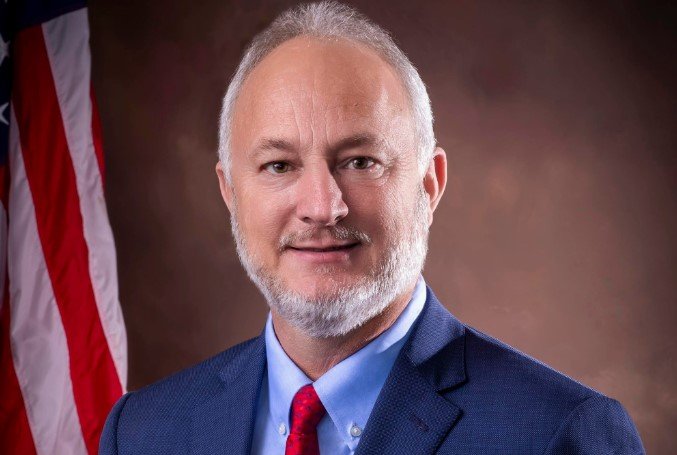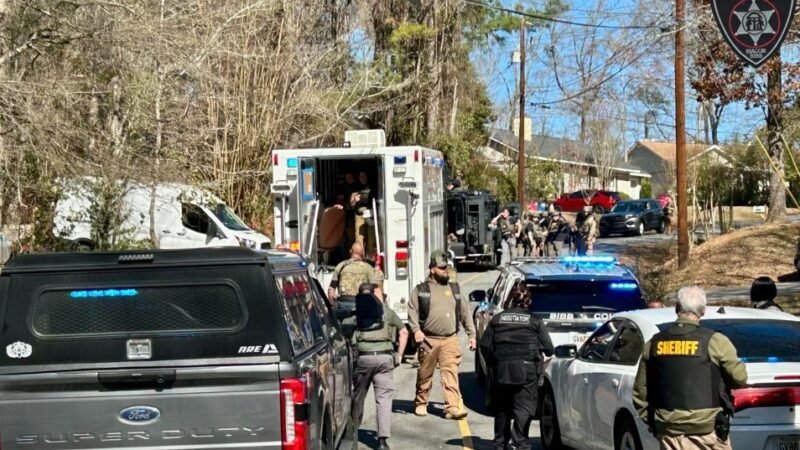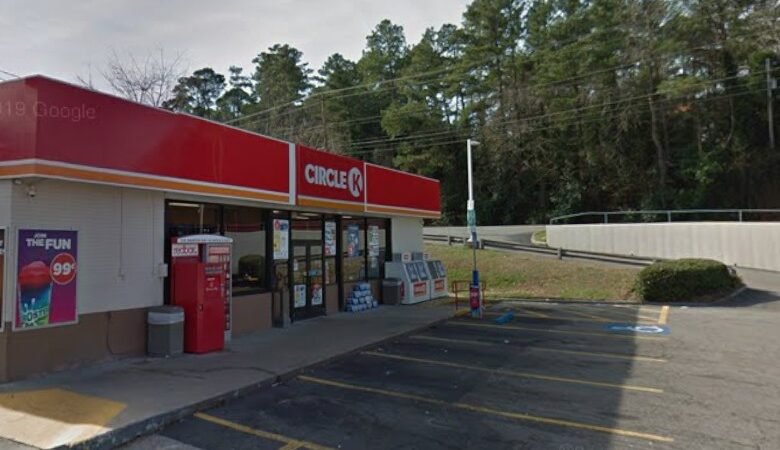Macon-Bibb Allocates ARPA Funds to Address Food Deserts, Crime Reduction, and Public Safety

During the November 19 Commission meeting, Macon-Bibb Mayor Lester Miller announced new initiatives funded by millions of dollars from the American Rescue Plan Act (ARPA). The approved allocations aim to support families in need, address food deserts, reduce violent crime, and improve public safety.
“We are continuing to provide our community and families with the support and resources they need to improve their lives and the lives of those around them,” Mayor Miller stated. “This money is going toward programs and plans that are proving successful in truly helping people.”
The approved funding includes:
- Financial incentives through the Urban Development Authority (UDA) to attract grocery stores to areas classified as food deserts, improving access to healthy and affordable food.
- $500,000 for the Brookdale Resource Center to aid families experiencing homelessness in securing permanent housing and services.
- $1 million for community violence interruption services as part of the Macon Violence Prevention program.
- Funds for a new ladder truck for the Fire Department to enhance fire protection capabilities.
- A one-time retention bonus for Macon-Bibb County employees.
Alison Bender, Executive Director of the Brookdale Resource Center, emphasized the impact of these funds: “What we’ve been able to do is personalize resources and supports to each family’s specific needs, which is what they’ve needed all along—a helping and loving hand.”
Alex Morrison, Executive Director of the Urban Development Authority, highlighted the urgency of tackling food insecurity: “Our families can’t wait on the market to determine the viability and location of a true grocery store. We must take care of our own, and this money will get us moving down that path.”
Since receiving ARPA funds in 2021, Macon-Bibb has used them to expand mental health services, fund workforce housing, and provide free medical services in underserved neighborhoods. Mayor Miller noted the transformative impact of these efforts, stating, “This work will have a generational impact on so many families.”






